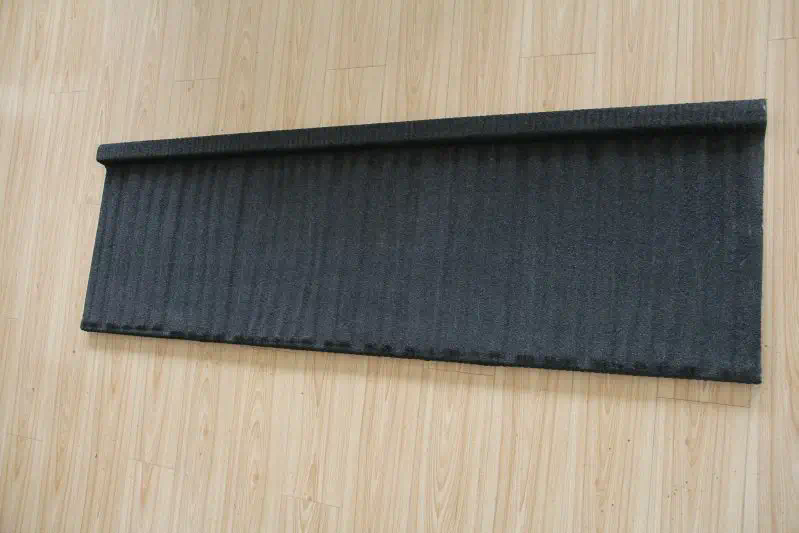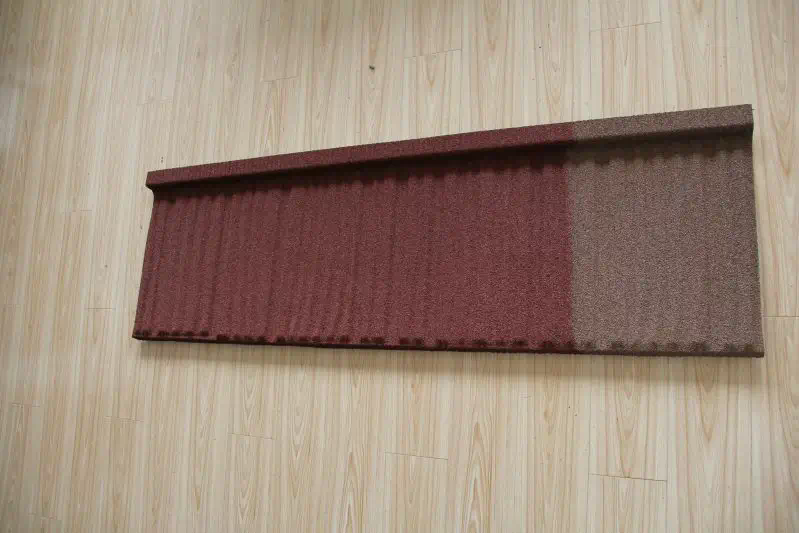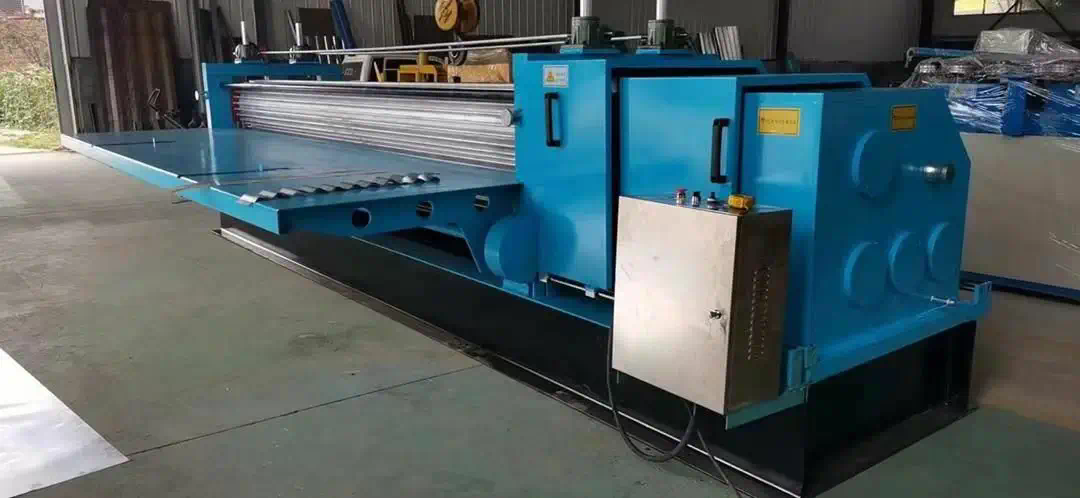Recent Advances in CNC Technology – The Driving Force for the Future of Manufacturing
In today’s rapidly evolving manufacturing landscape, the role of Computer Numerical Control (CNC) technology cannot be overstated. Recent advances in CNC technology have revolutionized the way products are designed, prototyped, and manufactured. From increased precision and efficiency to enhanced automation and flexibility, CNC technology is the driving force behind the future of manufacturing.
Enhanced Precision and Accuracy
One of the most significant advancements in CNC technology is the enhancement of precision and accuracy in machining processes. With the use of advanced sensors, feedback mechanisms, and real-time monitoring systems, CNC machines can achieve levels of precision that were previously unattainable. This has not only improved the quality of finished products but has also reduced waste and rework, leading to cost savings for manufacturers.
Increased Efficiency and Productivity
Another key benefit of recent advances in CNC technology is the increased efficiency and productivity of manufacturing operations. Modern CNC machines are equipped with faster processing speeds, improved tooling options, and optimized cutting strategies that allow for quicker turnaround times and higher production volumes. This has enabled manufacturers to meet growing demand while maintaining high standards of quality.
Automation and Robotics Integration
Automation and robotics integration have been transformative electric pipe bender for the manufacturing industry, and CNC technology plays a crucial role in this evolution. By incorporating robotic arms, automated material handling systems, and AI-powered algorithms into CNC machines, manufacturers can streamline their production processes and reduce the need for manual intervention. This not only improves efficiency but also enhances workplace safety by minimizing human error and exposure to hazardous conditions.

Flexibility and Customization

One of the most exciting developments in CNC technology is the increased flexibility and customization options it offers to manufacturers. Advanced software tools now allow for rapid reprogramming of CNC machines, making it easier to switch between different product designs and production runs. This flexibility enables manufacturers to respond quickly to changing market demands and offer customized solutions to their customers with minimal downtime.

Integration of Internet of Things (IoT)
The integration of Internet of Things (IoT) technologies with CNC machines has opened up new possibilities for real-time monitoring, predictive maintenance, and data analytics. By connecting CNC machines to a networked environment, manufacturers can collect valuable performance data, identify patterns and trends, and optimize their production processes for greater efficiency. This connectivity also enables remote monitoring and troubleshooting, reducing downtime and increasing machine uptime.
Environmental Sustainability
Recent advances in CNC technology have also contributed to environmental sustainability in the manufacturing sector. Newer CNC machines are designed to be more energy-efficient, with features such as regenerative braking, power-saving modes, and intelligent cooling systems. Additionally, the precision and accuracy of CNC machining help minimize material waste, reduce the consumption of resources, and lower the carbon footprint of manufacturing operations.
Skills Development and Training
As CNC technology continues to evolve, the need for skilled operators and technicians has become increasingly important. Manufacturers are investing in training programs and skill development initiatives to ensure that their workforce is equipped to harness the full potential of advanced CNC machines. From programming and troubleshooting to maintenance and optimization, these training programs are essential for maximizing the efficiency and effectiveness of CNC technology in a manufacturing setting.
Industry 4.0 Integration
CNC technology plays a central role in the implementation of Industry 4.0 principles, which emphasize connectivity, automation, and data-driven decision-making in manufacturing. By leveraging CNC machines as part of an integrated smart factory ecosystem, manufacturers can achieve seamless communication between machines, systems, and processes. This interconnectedness allows for real-time production monitoring, predictive maintenance, and adaptive manufacturing strategies that improve overall operational efficiency.
Challenges and Opportunities
While recent advances in CNC technology have brought about significant benefits for the manufacturing industry, they also present challenges that must be addressed. Issues such as cybersecurity threats, data privacy concerns, and the need for continuous skills upgrading pose obstacles to the widespread adoption of advanced CNC systems. However, these challenges also present opportunities for innovation, collaboration, and strategic investments in technology adoption.
Conclusion
In conclusion, recent advances in CNC technology are shaping the future of manufacturing by driving improvements in precision, efficiency, automation, flexibility, and sustainability. As manufacturers continue to embrace these innovations and integrate them into their production processes, the possibilities for innovation and growth in the manufacturing sector are limitless. By staying at the forefront of CNC technology developments, businesses can position themselves for success in an increasingly competitive and dynamic global marketplace.
https://abcicon.com/
